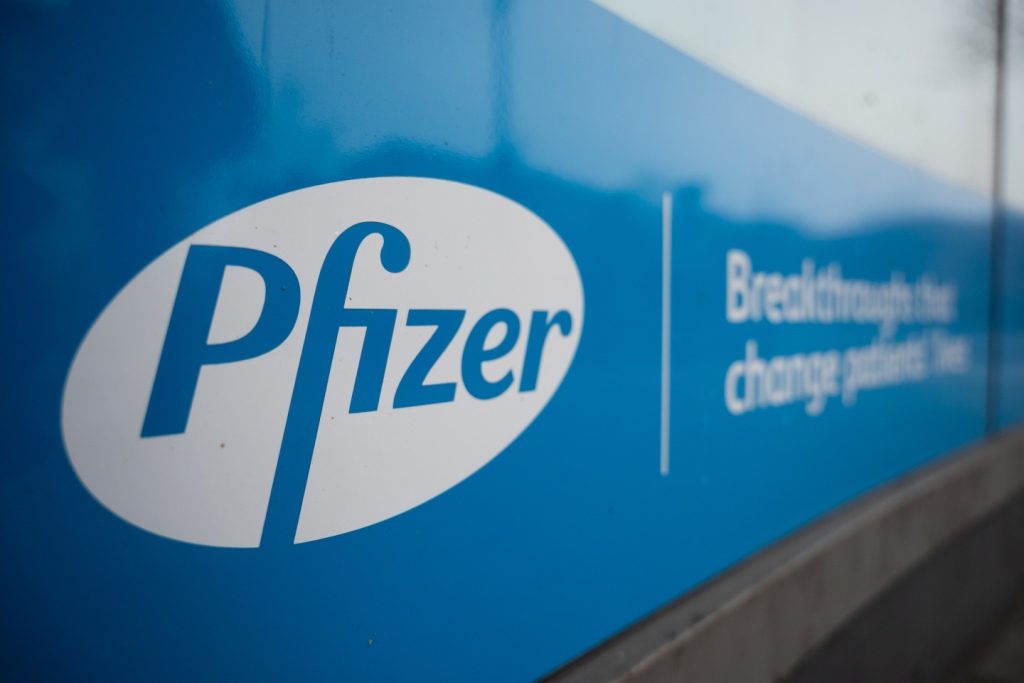Even though human thought-process changes significantly over time, our core objectives remain pretty much the same. For instance, regardless of the situation, we are always striving for progression. The said dynamic, in particular, has made itself apparent time and time again throughout the history. However, none of those representations can ever come close to matching how technology brought it to the fore. Technology’s arrival on the scene was, by all means, a big statement on the world’s part. This was the case because we were looking at a reality where each and every element suddenly held a different identity. Now, when you are dealing with such a massive change, it’s natural to be a little doubtful about the repercussions, but we would soon get the reassurance we needed in the form of a better global structure. While the improvement in each area made a unique contribution towards that, the way medical sector went about it must receive a little more attention. Before anyone could realize, the healthcare transition had become a story of transforming perception. This set the stage for various groundbreaking ideas, each one better than the last. However, there is still plenty to come, and a recent partnership between Pfizer and Beam Therapeutics confirms that big time.
Pfizer and Beam Therapeutics have officially announced a research collaboration, which will run upto 4 years. According to a few reports, the collaboration revolves largely around using Beam’s in-vivo base editing programs for performing research on three undisclosed targets concerning genetic diseases of liver, muscle, and central nervous system. The reason why Beam is the perfect partner here is because of its cutting-edge base editing technologies. You see, with the company well-versed in targeting single genome and avoiding a double-stranded break in the DNA, it can effectively produce a more precise brand of therapies for several rare diseases.
As a part of the deal, Pfizer will pay Beam $300 million upfront. However, if Pfizer opts in on the license rights for all three targets, the development, regulatory, and commercial milestone payments will likely enter the picture, taking total compensation over $1.35 billion.
“We have a strong history in developing gene replacement therapies for rare diseases, and we see this collaboration with Beam as an opportunity to advance the next generation of gene editing therapies – an exciting scientific frontier – potentially leading to transformation for people living with rare genetic diseases,” said Mikael Dolsten, Chief Scientific Officer and President, Worldwide Research, Development and Medical of Pfizer.



















